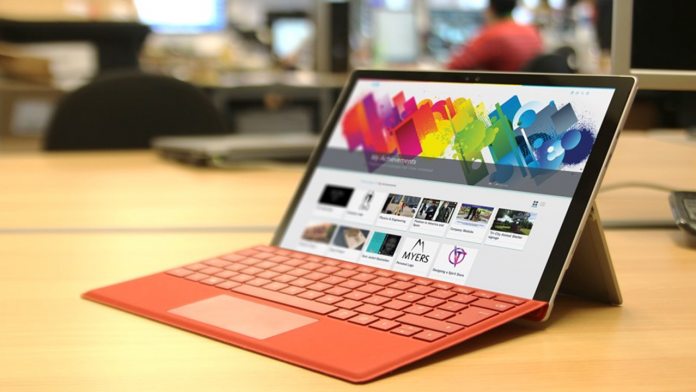In the case of businesses and educators, the store was designed so that admins could make apps that were available outside of the regular consumer channels. Foley’s sources didn’t give the details on why Microsoft has decided to shutter the project, but it has previously acknowledged that it wasn’t panning out the way they expected. It’s also looking at ways to move UWP and win32 apps closer together and stopped supporting its UWP Office app. Meanwhile, Foley says the future of the consumer-facing Windows 10 Store is ‘uncertain’ as the company tries to come up with a strategy that works. It’s open to distributing apps in a way that isn’t tied to the store app, but exactly what form that will take is unclear. The company wants to come up with a method that shows users which apps are trusted but doesn’t necessarily involve a store. Unfortunately, Microsoft refused to comment on the rumors, so we can’t confirm anything quite yet. It also hasn’t made any kind of user statistics available about the stores, so it’s hard to tell how many actually utilize them. If the reports do hold true, it’s likely enterprises will get some prior warning so they can come up with a solution. Whatever the case, I don’t think many users will be too sad to see it go, so long as they can still remove in-box apps.




